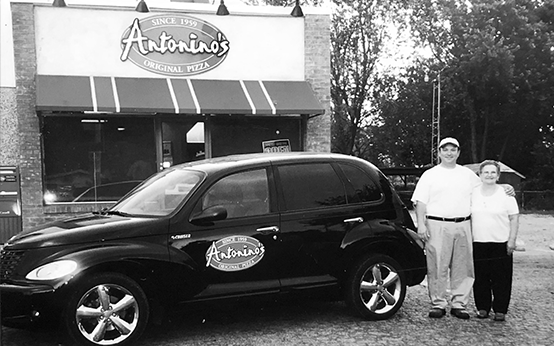Change is both personal and universal. Everyone goes through changes and transformations. We are born. We grow old. What sets us apart is how we experience change.
Glass Half Full or Half Empty?
Personality of Change
How we perceive the world has a significant impact on how we experience change.
Individuals with a Type A personality experience change differently from individuals with Type B personality.
Type A individuals often experience more difficulty with change because of time urgency and a heightened need to control the situation. “They don’t have time for change.”
While individuals with a Type B personality are more laid back and relaxed and thus find it easier to go with the flow.
Pessimists and optimists also view change through a different lens.
Pessimists perceive change as permanent and a traumatic end to everything. While optimists are more likely to see change as temporary and an opportunity for new beginnings and growth.
By Chance or By Choice?
Circumstances of Change
Another determinant in how we experience change is whether the change was by chance or by choice.
For example, for some people divorce is liberating, while for others it is the end of their world.
The same can be said for the workplace. The reaction to change will be different for someone who chooses to retire five years early to spend more time with family, in contrast to someone who is laid off abruptly without notice.
It’s not change, it’s the circumstances that surround it.
What You Resist Persists
Fear of Change
We resist change because we fear the unknown. We never know what’s around the corner and this is made worse when it is a painful change.
As a result, we erect roadblocks and create chaos to slow change down. This is the illusion of control that is often associated with resistance to change.
Resistance to change comes in many forms including psychological defense mechanisms proposed by Sigmund Freud.
- Repression
- Denial
- Regression
- Projection
- Displacement
The problem with resistance is that we wear ourselves out and use up all the energy necessary to transform and evolve.
Embracing Change
Moving Forward
- Be on the alert for fight-or-flight tendencies during unexpected change. Take it as a sign to slow down.
- Create a safe space for open dialogue about change. Use it as an opportunity for ingenuity, creativity, and innovation at work and at home.
- Make a list of what remains consistent in times of rapid change and use it as a grounding technique at the start and end of each day.
- Instead of thinking of all the things that could go wrong on the other side of change, imagine all the things that could go right. Including the opportunity to level up and start again.
“The secret to change is to focus all your energy not on fighting the old but on building the new.”
Dr. Andrea Dinardo is a psychology professor and keynote speaker with expertise in stress, resilience, and mental health. Visit DrAndreaDinardo.com to learn more about her speaking services and workplace wellness programs.






